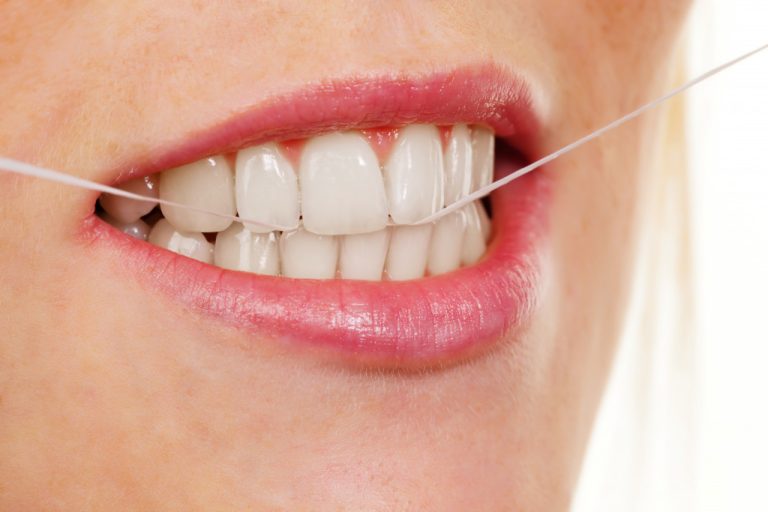Maintaining good oral health outcomes is important. This is because good oral health contributes to better overall health outcomes. However, many people do not realize that protecting their oral health also means promoting better oral health outcomes and preventing dental problems from arising in the first place.
Sure, it has become common for people to invest in dental procedures like getting dental implants, oral prophylaxis, and teeth cleaning. However, there are plenty of ways that people can protect their oral health without paying a lot of money. The first step is making a commitment to achieving better oral health outcomes.
Prioritizing Good Oral Health Outcomes
Achieving and maintaining good oral health outcomes is important because your oral health can have a significant impact on your overall health. However, a lot of people neglect their oral health either because they are afraid to go to the dentist or they do not want to spend a lot of money to solve oral health problems.
People should realize that neglecting oral health problems will only lead to more health problems down the road. Some of these problems include the following:
Bad breath
Bad breath is often caused by bad oral hygiene. If you do not brush and floss your teeth regularly, bacteria will build up and cause a foul odor in your mouth.
Tooth Decay
Tooth decay is the result of eating too much sugar and not protecting your teeth. If you do not drink water after eating sweets, the bacteria in your mouth will use this food to produce acid that can damage tooth enamel. Eventually, your teeth will start decaying and falling off because of neglect.
Gum disease
Gum disease is another health problem that can result from poor oral hygiene habits such as skipping regular dental appointments and brushing too hard with the wrong toothbrush. If you do not brush properly, the bacteria in your mouth will start to spread and collect under your gum line where they can cause inflammation of the tissue. This is known as periodontitis or gingivitis which will result in tooth loss if left untreated.
Mouth cancer
Mouth cancer is a more serious oral health problem that can be caused by poor oral hygiene. If you are not brushing your teeth regularly, the bacteria in your mouth will start to accumulate on your tongue and gums which can lead to mouth cancer. Therefore, you need to make a habit of brushing your teeth regularly, flossing every day, and using reliable oral care products.

Promoting Better Oral Health Outcomes is Easy
People think that achieving better oral health outcomes is complicated. However, the truth is that promoting better oral health outcomes is easy. All you need to do is commit to achieving better oral health outcomes so that you can work on having a healthier mouth.
Below are useful tips that people can follow to achieve better oral health outcomes:
Brushing your teeth with the right toothbrush
It is important to use the right toothbrush. The kind of brush you must use will depend on your individual needs and preferences. If you have braces, then you need to use a soft-bristled brush so that you do not damage the brackets or wires.
If your teeth are sensitive, then using an electric toothbrush might help provide relief from pain. If you have problems with plaque accumulation, then try using a power toothbrush for better oral health outcomes.
By using the right toothbrush, you will be able to protect your teeth and gums and prevent problems like tooth decay and gum disease.
Flossing your teeth at least once a day
Even if you brush regularly, it is still important to floss at least once a day. Flossing can help remove bacteria from areas that your toothbrush cannot reach. Flossing will help you prevent gum disease and tooth decay as long as you floss every day.
Using good oral care products
You also need to invest in good oral care products so that you can protect your oral health. For example, you should never use toothpaste that contains fluoride if you have been diagnosed with dental fluorosis. Dental fluorosis is a condition in which the teeth become stained and mottled as a result of too much exposure to fluoride during childhood.
Visiting the dentist regularly
Of course, you must visit your dentist regularly so that they can provide you with professional oral care. You should visit your dentist at least once every six months because they will be able to clean the spaces between your teeth and remove any plaque that has formed during this period.
Putting Your Oral Health First
Taking care of your mouth is not as intimidating as it sounds. Therefore, you need to prioritize your oral health if you want to maintain good teeth and gums. There are plenty of ways to do this. You just need to commit to your goal of achieving good oral health outcomes.

